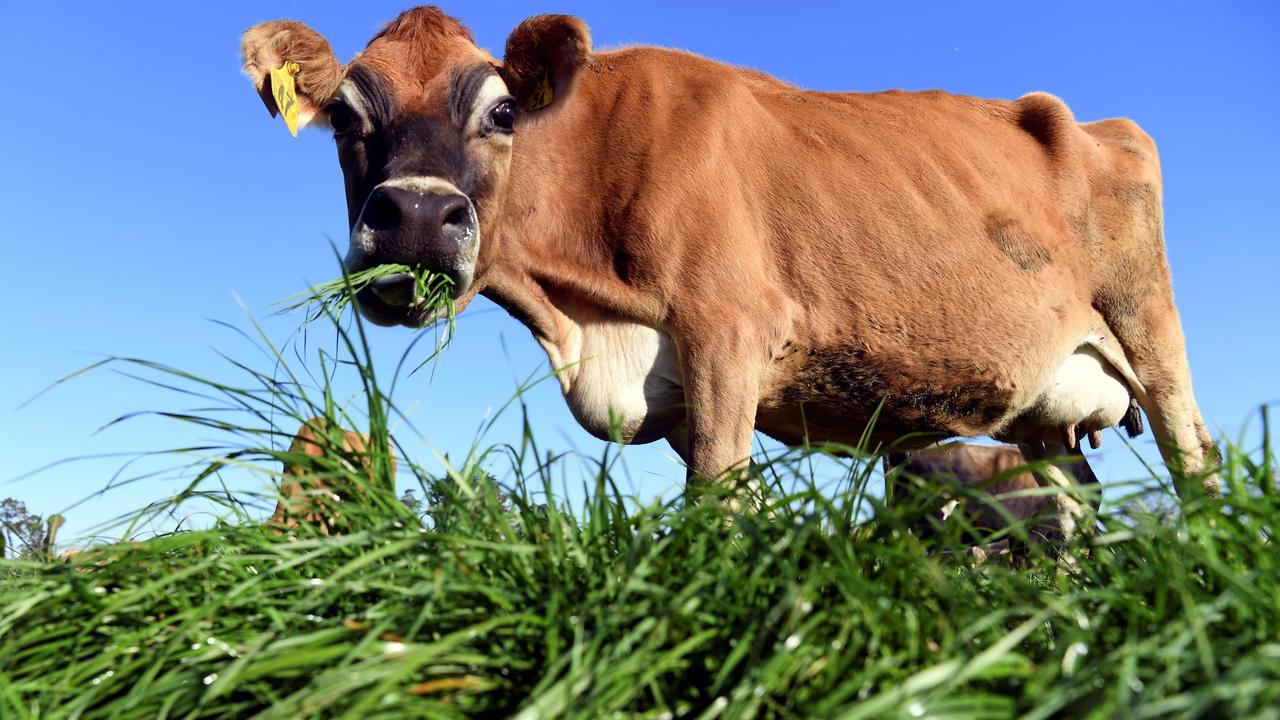Climate change: Agriculture charts its own course for emissions reductions
A Weekly Times analysis has found Australia’s agriculture industries are taking emissions reduction into their own hands. See what action your sector is taking.
AUSTRALIAN agriculture is well on its way to becoming carbon neutral within 30 years, despite the Federal Government refusing to sign up to a net-zero 2050 target.
An analysis by The Weekly Times shows ag industries are charting their own course to cutting greenhouse gases, with many sectors already locking in emissions reductions goals.
Those that have yet to prescribe industry targets have either committed to setting one, or back the National Farmers’ Federation’s net-zero by 2050 pledge.
The action by individual sectors puts agriculture at odds with the Government, which has so far committed to reaching net-zero sometime after 2050 without setting a date.
Pressure to act is mounting, as Australia’s major trading partners and competitors lock in new targets: Japan, South Korea, the EU, UK and New Zealand are all aiming for 2050, while China is aiming for 2060.
Agriculture’s greenhouse gas emissions account for 12.9 per cent of Australia’s total emissions, dropping almost 6 per cent in the past year to reach their lowest figure since 2001.
The red meat sector has led the way with its carbon neutral by 2030 push, while the pork sector has already cut its emissions by 70 per cent in the past decade and is aiming to be carbon neutral and zero-waste by 2025.
Dairy is aiming to reduce its emissions by 30 per cent by 2030, while wool, wine, and grains working on their own targets as they back the NFF’s 2050 goal.
Agriculture Minister David Littleproud has repeatedly said he would not support “arbitrary targets” without quantifiable ways to achieve them practically.
“Every effort is being made to reduce emissions across the economy, but blindly setting a course to achieve such a goal without a clear strategy could have serious implications not just on farmers, but the entire nation,” Mr Littleproud said.
“Farmers who rely on energy and transport will ultimately bear the brunt of these new costs that are placed on them.”
Farmers for Climate Action deputy chair Charlie Prell said it was “very, very pleasing” to see so many industries had their own targets, but that it was disappointing Mr Littleproud was not embracing the push toward carbon neutrality.
“The Minister for Agriculture should be representing farmers and should be outlining the opportunities that addressing climate change brings to farmers and Australians, instead of focusing on the threats and fear of climate sceptics,” Mr Prell said.
Meat and Livestock Australia’s managing director Jason Strong told a recent Senate estimates hearing that industry needed to focus on what it could control.
“While there are things that the government can do that will be helpful to our cause, I think we also have a responsibility to take as much proactive action as we possibly can regardless of what some of those policies of the day might be,” he said.
MORE


